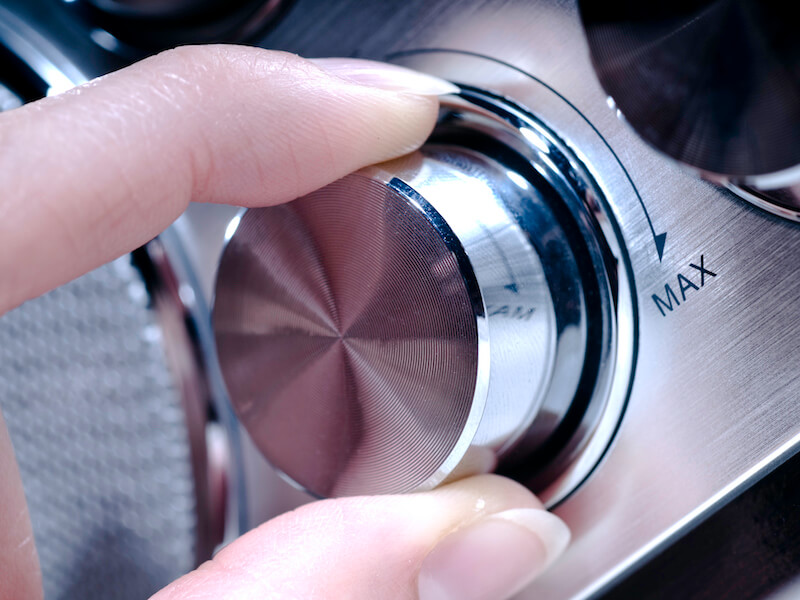
Knowing when you require some medical advice is usually pretty easy. When you break a bone, for example, you know you should go to the doctor (or the emergency room, depending on the scenario). You might need a splint or a cast or supportive device, but the point is that you’re not likely to try “toughing it out”. At least, not for very long (particularly if you want your bones to repair themselves properly).
It’s not always that obvious when it comes to hearing aids, though. Hearing loss usually progresses really gradually over time. This means recognizing when to get treatment for hearing loss can be tricky.
That’s why it’s a good plan to keep an eye out for some specific indicators that you might be losing your ability to communicate. If you detect any, it may be time to consult us about your first pair of hearing aids.
Hearing aids and hearing loss
Hearing aids are the main method of treatment for hearing loss. But everyone who has some degree of hearing loss won’t necessarily need hearing aids. In cases where patients have very minor hearing loss, hearing aids won’t always be helpful. We might want you to hold off on using hearing aids because of this. It’s also feasible that we could advise you to only use your hearing aids when you’re in specific situations.
This means that just because you are diagnosed with hearing loss doesn’t mean you will necessarily need hearing aids.
But in many instances hearing aids will be the best option. Because hearing loss can be a sneaky and gradual condition, many individuals don’t get a diagnosis until there’s been substantial damage. Getting your hearing assessed regularly is the key to catching hearing loss early and possibly mitigating the need for hearing aids.
And if that’s the case, you’re most likely thinking: how can I tell if I need hearing aids?
Signs you need a hearing aid
Hearing loss is one of those conditions that can produce instant communication obstacles. But lots of times you don’t even recognize that hearing loss is the reason for those communication problems. So, at what point will a hearing aid help?
Watch out for these signs:
- When you’re in very loud settings, you have a difficult time following conversations: When people ask, “What are the signs of hearing loss?”, this one is almost always mentioned. One of the surest signs of hearing loss is that you have trouble following conversations in loud settings, like bars or restaurants. This happens because your ears aren’t getting as much information as they used to, and your brain isn’t really able to fill in the gaps as easily. Because of this, there’s a lot of muffled conversations.
- Phone conversations sound muffled: Voices typically sound a bit flat on even high-quality phone speakers. If you have hearing loss, this can make it even harder to understand conversations. Once again, particular frequencies are missing and the outcome is that it’s really difficult to understand those voices.
- The volume on your devices is becoming really loud: Hearing loss could be the culprit if you continually need to turn the volume of your devices up. If you find individuals around you complaining about the loud volume of your devices, this is especially relevant.
- When people speak, you can’t always understand what they said: Many people don’t think they have hearing loss or need hearing aids because the total volume they hear seems fine. But the thing about hearing loss is that particular frequencies of sound often go before others. Due to this, things like vowel sounds in the higher register can sound distorted. As a result, you might have a tough time making out what people are saying to you.
So how should you deal with it?
Obviously, you know exactly what you need to do when you break a bone! But what about when you detect these indications that you may need a hearing aid? How bad does hearing loss have to be to call for a hearing aid? Well, that’s difficult to answer, but when you start noticing these symptoms, it’s a good idea to make an appointment with us. We will be able to inform you about how serious your hearing loss is.
And if you do wind up needing hearing aids, a hearing test will help identify the best device for your hearing needs. Then you will be able to get back to taking pleasure in good conversations with your friends and family members and doing the things you love.
Call us to schedule your hearing exam, we can help you recognize if you’re suffering from hearing loss.